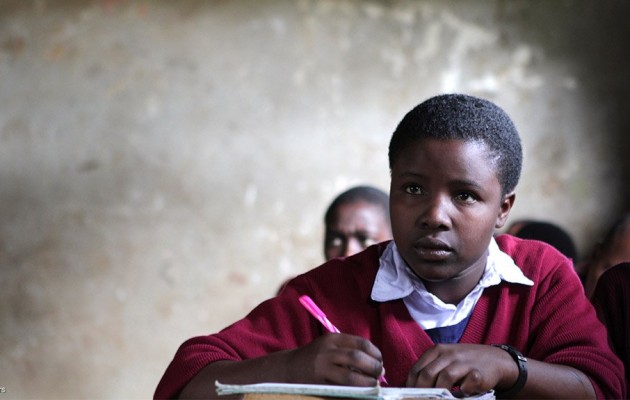JOHANNESBURG, 08.03.2016: The Institute of Race Relations [IRR] has published a new report on education-trends at both school- and university-level in South Africa.
On schools, the report found:
- Poverty remains a determinant of the quality of education a child will receive at school;
- Approximately half of children drop out of school before grade 12;
- White children are three times as likely as black-African children to pass matric maths with 40%+;
- The number of children excelling at maths in matric has fallen steeply since 2008;
- There is rapid growth in the private-schooling sector as parents look for options outside the State.
On university education, the report found:
- Significant increases in enrolment over the past 20 years;
- The higher education participation-rate has improved quickly – especially for black people;
- That there has been a sharp increase in the number of degrees awarded to black people;
- Like schools, universities experience significant dropout-rates.
IRR education-analyst Thuthukani Ndebele said: “Children in South Africa continue to be let down by the poor quality of most public schools. This is the single biggest obstacle to creating a more prosperous and equal society. Many of the metrics we use to determine our progress as a country, such as economic growth and racial transformation, are in fact determined for us by the schooling system. Without significant education-policy reform – including education-vouchers – it is unlikely that we will see improvement in these metrics.”
Mr Ndebele added: “Somewhat counterintuitively, there are a number of positive trends in higher education. For example, in degree-areas such as engineering and business studies, there have been vast successes in increasing the number of black graduates. This apparent contradiction is explained by the small proportion of children who make it to university where a small black elite – often educated at the handful of better schools – have now joined the `historically´ white elite.”
Submitted by the Institute of Race Relations [IRR]; edited by Ben Khumalo-Seegelken
Source: Polity, 08.03.2016

Kommentieren